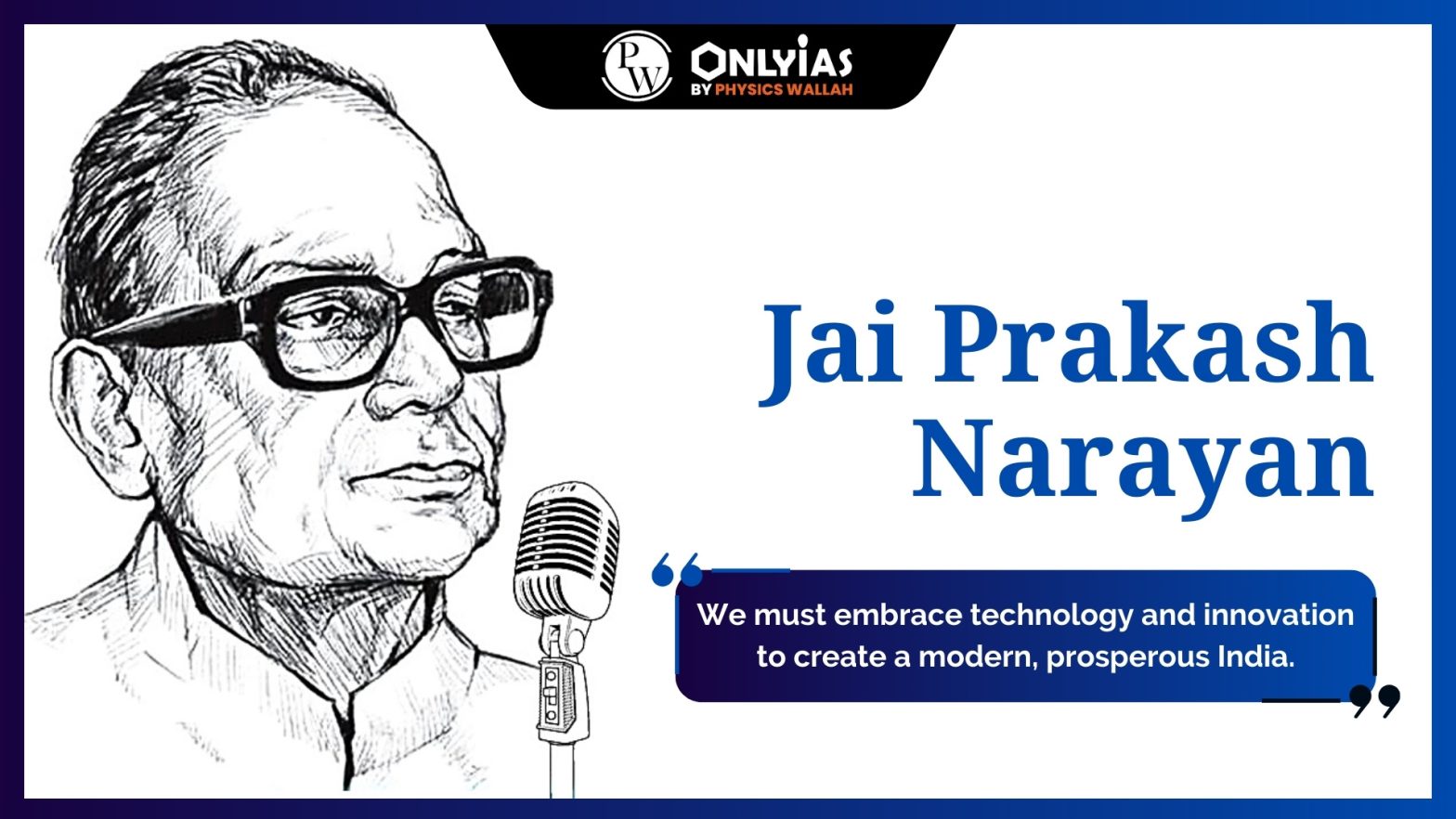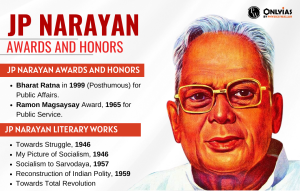
Jayaprakash Narayana is an Indian liberal politician, activist, and former public administrator who was born on January 14, 1956. He founded the Lok Satta Party and serves as its president. He represented Telangana, India’s Kukatpally seat in the Legislative Assembly.
He’s trained as a doctor. From 1980 until 1996, he was an officer in the Indian Administrative Service. He then resigned voluntarily from the service and founded the Loksatta Movement, which helped bring about a number of significant national changes. Additionally, he founded and serves as general secretary of the Foundation for Democratic Reforms (NGO), an independent think tank and research resource center focused on public policy.
Jayaprakash Narayan’s birth anniversary in 2025 will be on Saturday, October 11. This year is the 123rd anniversary of his birth. Jayaprakash Narayan, sometimes called “Lok Nayak” or “the People’s Leader,” was a politician, social reformer, and key player in India’s fight for independence. His objective was to bring about societal change in line with the ideals of Sarvodaya, a Gandhian philosophy emphasising progress for all.

| Also Read Other Biography | |
|---|---|
| Lal Bahdur Shastri | Shaheed Bhagat Singh |
| Indira Gandhi | Nanaji Deshmukh |
| Sam Manekshaw | Sardar Vallabhbhai Patel |
| Netaji Subhas Chandra Bose | |
| Must Read | |
| NCERT Notes For UPSC | UPSC Daily Current Affairs |
| UPSC Blogs | UPSC Daily Editorials |
| Daily Current Affairs Quiz | Daily Main Answer Writing |
| UPSC Mains Previous Year Papers | UPSC Test Series |
Jayaprakash Narayan popularly referred to as JP or Lok Nayak was an Indian independence activist, theorist, socialist and political leader. He is remembered for leading the mid-1970s opposition against Prime Minister Indira Gandhi, for whose overthrow he had called for a “total revolution“
JP was one of the prominent leaders who led mass protests, strikes, and demonstrations against British colonial rule
It was enunciated by JP as a confluence of his ideas on seven revolutions i.e. social, economic, political, cultural, ideological and intellectual, educational and spiritual.
Jayaprakash Narayan
JP played a critical role in empowering grassroot democracy in India and was at the forefront of the anti emergency movement to oust the authoritarian government . Hence he is known as Lok Nayak.
<div class="new-fform">
</div>
